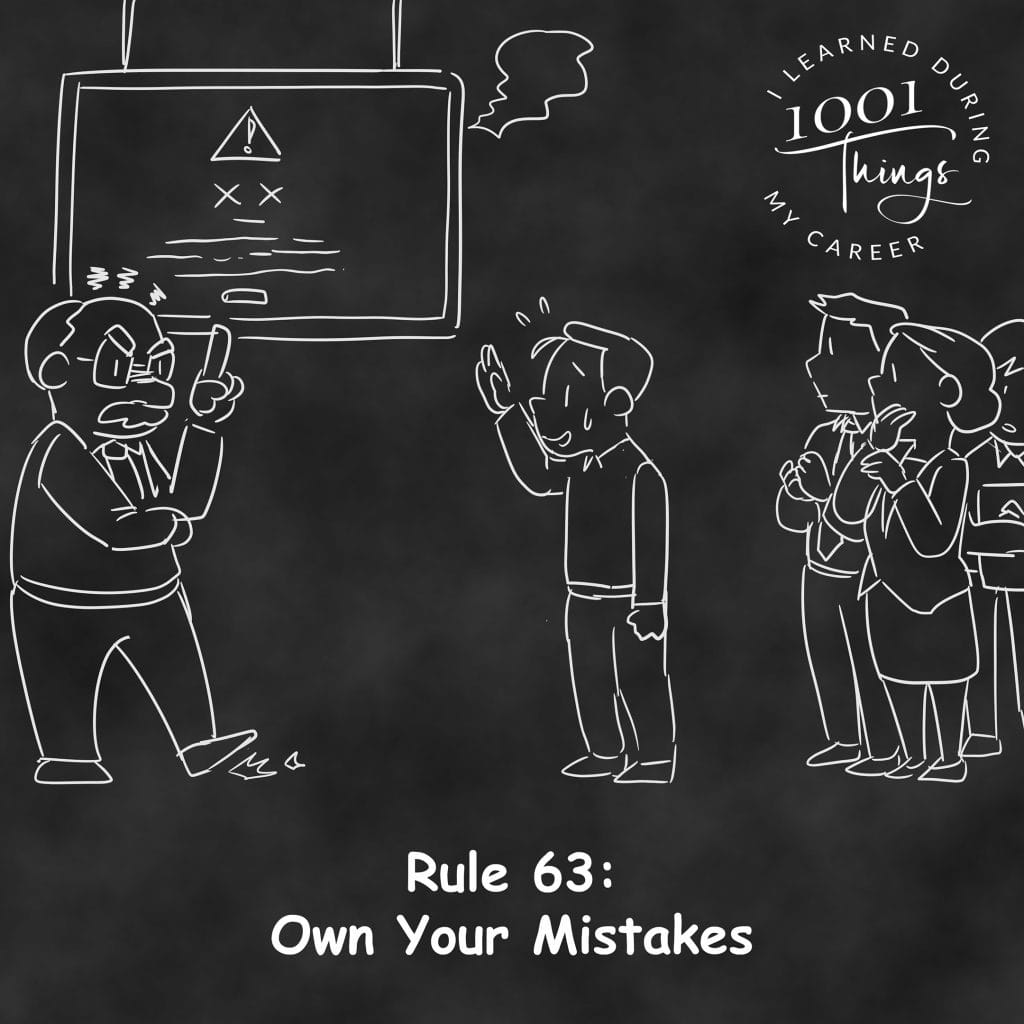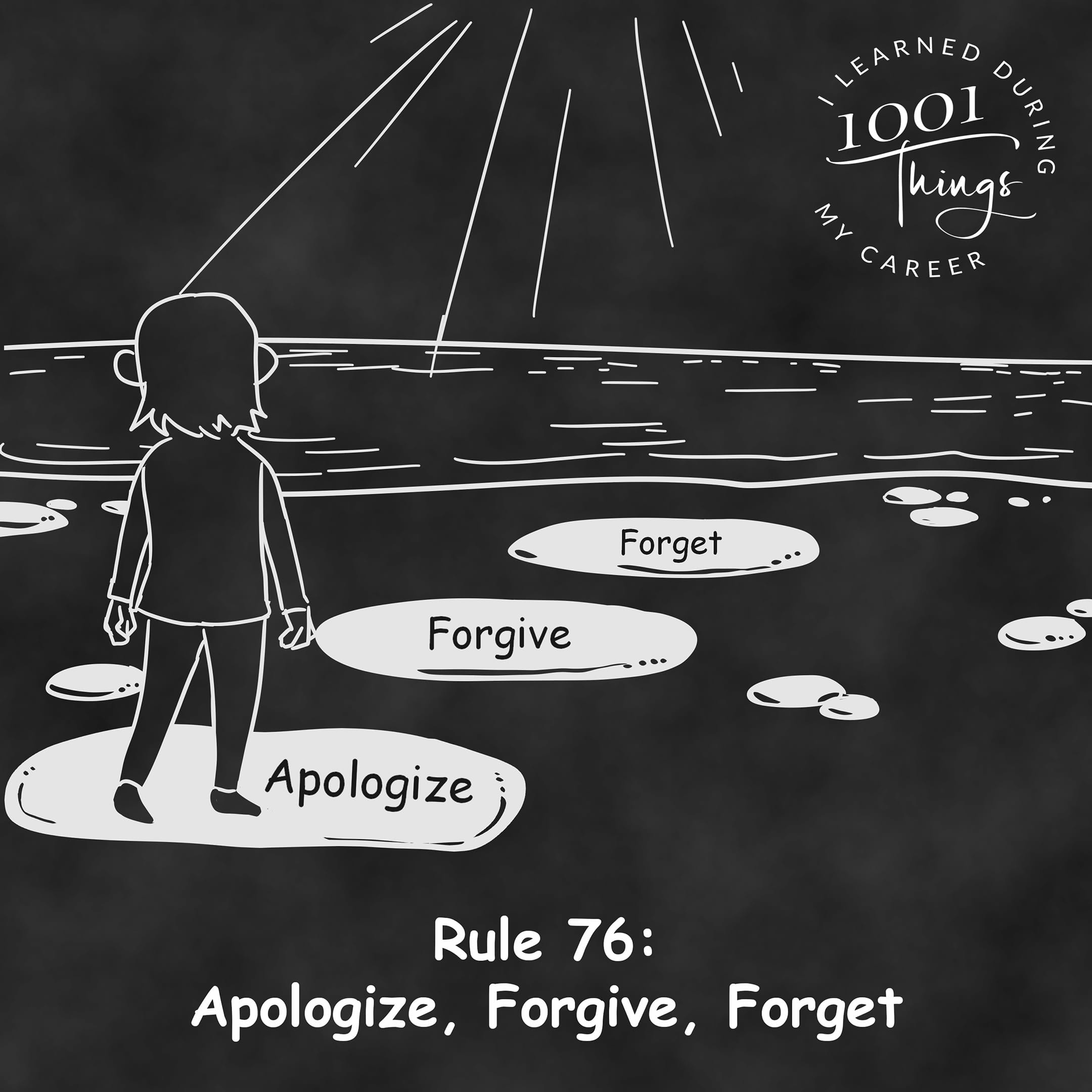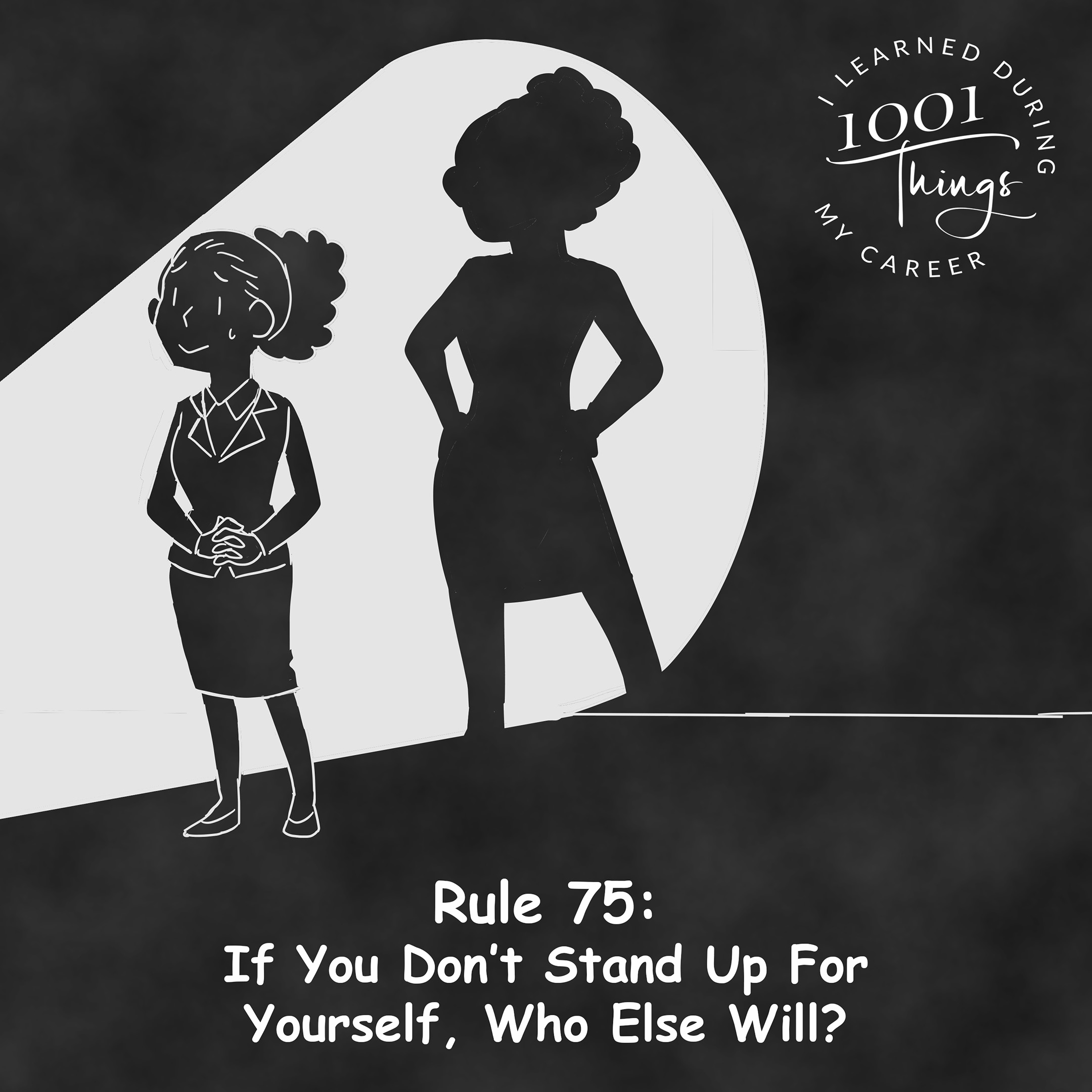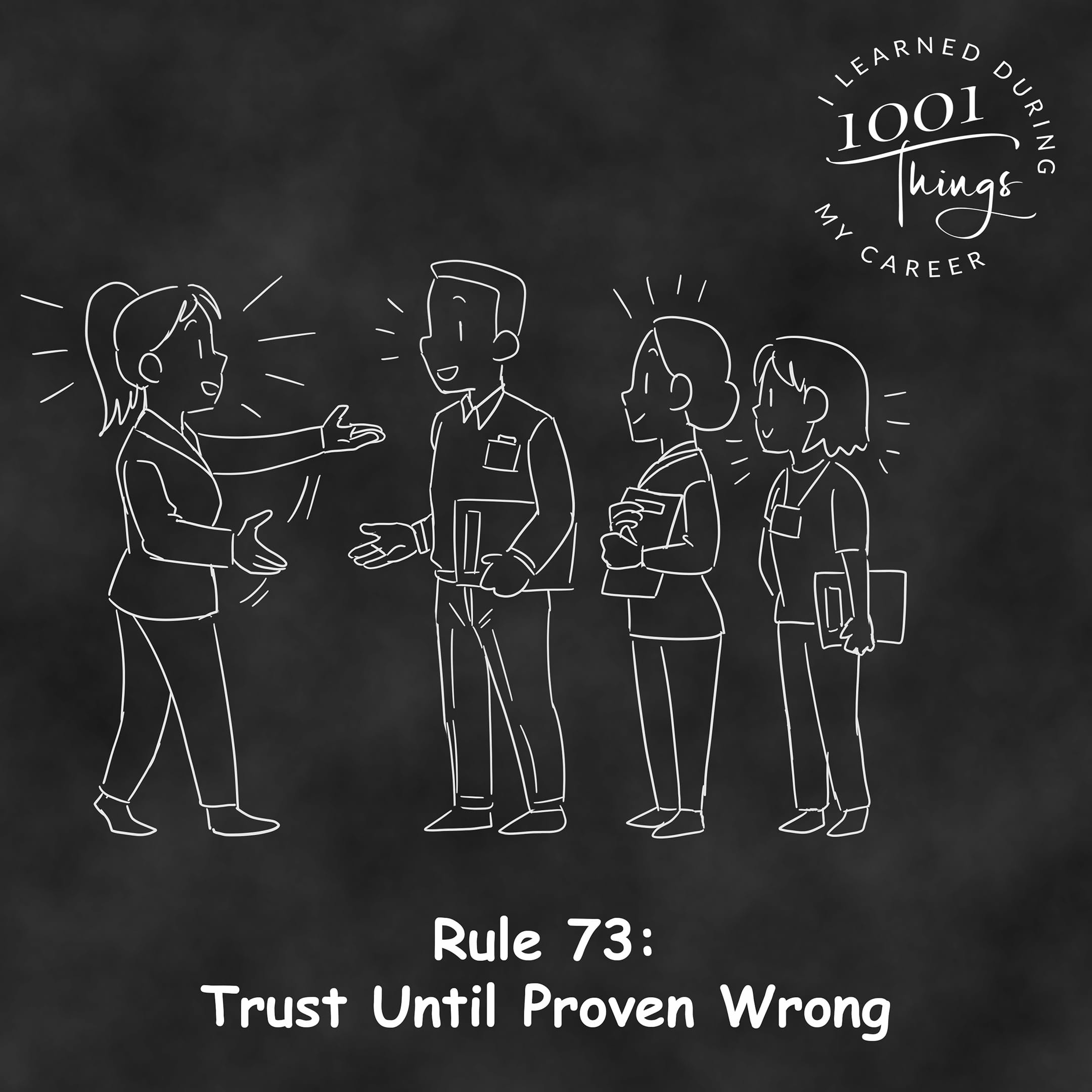Do you have friends who always hide their mistakes and shift blame onto circumstances, a lack of resources, or worse, onto others? Mistakes are inevitable – every one of us makes them. However, real strength lies not in covering up errors, but in standing up and owning them. What truly defines your character isn’t whether you stumble, but how you respond when you do.
Acknowledging a mistake – whether in front of friends, a boss, or an entire team – takes courage, but honesty will earn you far more respect than dodging responsibility ever could. By openly admitting where you went wrong, you show integrity and maturity. People will appreciate your transparency, and instead of remembering the error, they’ll remember your accountability and willingness to improve.
Take the example of Warren Buffet: In 1991, when Salomon Brothers, a firm partially owned by Berkshire Hathaway, was caught in a bond-trading scandal, Warren Buffett – then Chairman – stepped in as interim CEO. He didn’t deflect or make excuses: instead, he testified before Congress, publicly accepted responsibility for the company’s oversight failures, and committed to full transparency. His approach restored investor confidence and is still cited as a textbook example of ethical leadership under pressure.
Or think of Barack Obama: In 2009, early in his presidency, he nominated Tom Daschle for a cabinet position – only to face public backlash when tax issues surfaced. Instead of brushing it off or blaming the vetting team, Obama openly admitted, “I screwed up.” It was a rare and disarming moment of presidential humility that reminded people that leadership isn’t about being infallible – it’s about being accountable.
On a more personal level, think about relationships, where owning your mistakes is just as crucial: whether it’s forgetting an important date, saying something hurtful in the heat of the moment, or failing to follow through on a promise, the first step toward healing is admitting the mistake. By acknowledging it, you pave the way for forgiveness and growth, reinforcing the trust and strength of the relationship.
Owning your mistakes doesn’t make you weaker, but the exact opposite: people will forget the error and will always remember the person who was brave enough to admit it. So, the next time you screw up, raise your hand and own it. That’s the kind of leadership, integrity, and courage that truly stands out.





